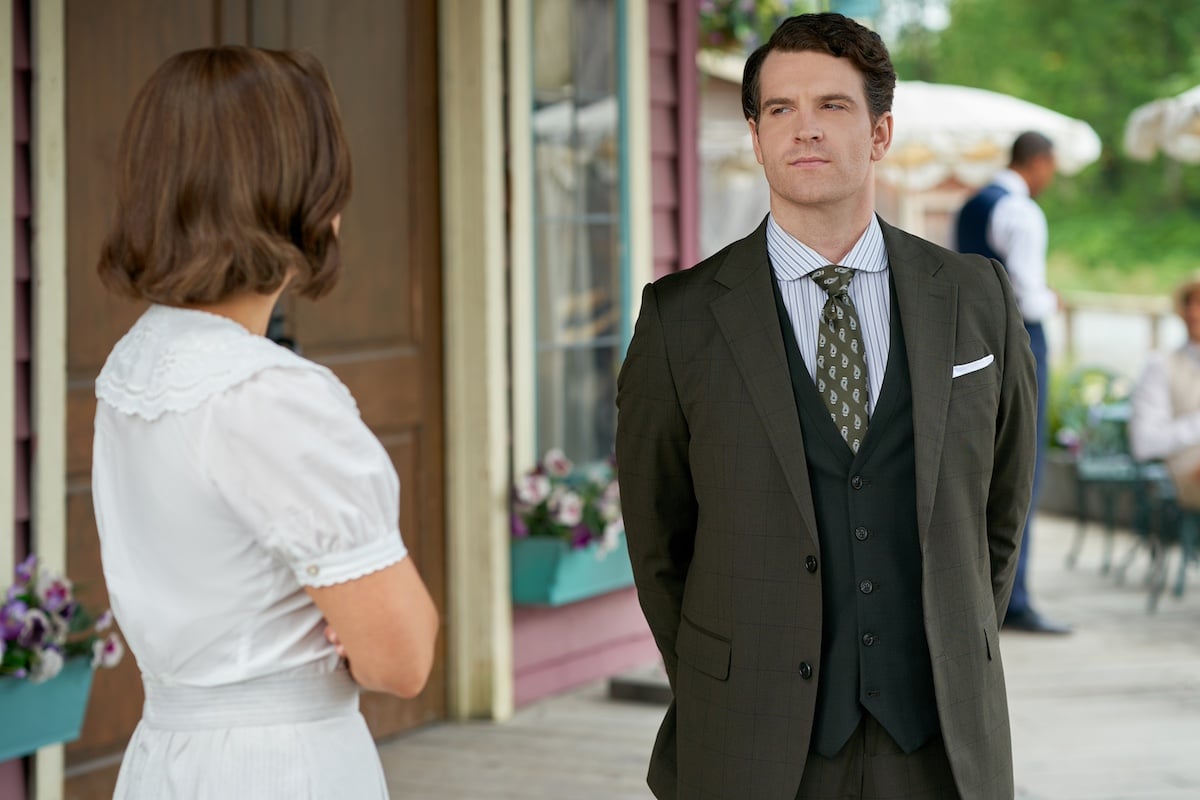Sweet Home Alabama’ Co-Writer Ed King Said Quitting Lynyrd Skynyrd ‘Was the Best Thing I Ever Did’
Lynyrd Skynyrd is an American rock band that, to many, defines the ’70s. The group is best known for songs like “Sweet Home Alabama” and “Free Bird,” and at the height of their fame, they were considered to be the kings of Southern-style rock music. Still, Lynyrd Skynyrd has been involved in many controversies over the years, and several musicians have quit the band only to rejoin at a later date. The most high-profile band member to have a public falling out with his band mates is Ed King, the brilliant guitarist who was responsible for co-writing the group’s biggest hit, “Sweet Home Alabama.”
Who is Ed King?

King was born in California in 1949. A talented musician from a very early age, King was one of the founding members of the popular rock group Strawberry Alarm Clock.
King played with the band all throughout the late ’60s and into the early ’70s, with the band’s most popular hit being the single “Incense and Peppermints.” By 1972, Strawberry Alarm Clock has disbanded, and King moved on to another band, the up and coming Southern rock group, Lynyrd Skynyrd.
The band was still in the early stages of development and was still finalizing the lineup when King officially joined as a guitarist and bassist. Right away, King proved to be an asset to Lynyrd Skynyrd, contributing many of the riffs that made the band’s sound so iconic. In fact, King helped to co-write their biggest hit, “Sweet Home Alabama.”
King later recalled the process of writing the song with bandmate Ronnie Van Zant, stating, “we wrote that song in half an hour, but it took us about a half a day to put it together. The song came real quick. I started off with that riff and Ronnie was sitting on the edge of the couch, making this signal to me to just keep rolling it over and over.”
Why did Ed King quit Lynyrd Skynyrd?
In spite of the incredible work that King did with Lynyrd Skynyrd, and as popular as the band became over the years, the guitarist had his fair share of issues — including problems with Van Zant. King later recalled that Van Zant’s drinking drove a wedge between the two of them, and that it eventually became an “unpleasant situation.”
Ultimately, King quit Lynyrd Skynyrd in 1975. About the decision to leave the band, King said “well, I was out of my mind for quitting. But it was the best thing I ever did. It just got a little too nutty for me. So, in the middle of the night, I just walked out. It had been a bad night the night before. I had gotten fed up with frankly all the violence. I had good reason to leave.”
Ed King briefly rejoined Lynyrd Skynyrd in 1987
After leaving Lynyrd Skynyrd in 1975, King spent time working on his own personal musical projects. King was replaced in the band by Steve Gaines, who toured with the band for two years before being killed in the tragic 1977 plane crash that claimed the lives of three members of Lynyrd Skynyrd.
Interestingly enough, King rejoined Lynyrd Skynyrd in 1987 at Charlie Daniels’ Volunteer Jam and ended up playing with the group for around nine years, before congestive heart failure forced him into retirement. King spent his retirement quietly, lying low and likely reminiscing about the incredible life that he had lived. The guitarist passed away in 2018, leaving behind a legacy of great music and fascinating stories.


